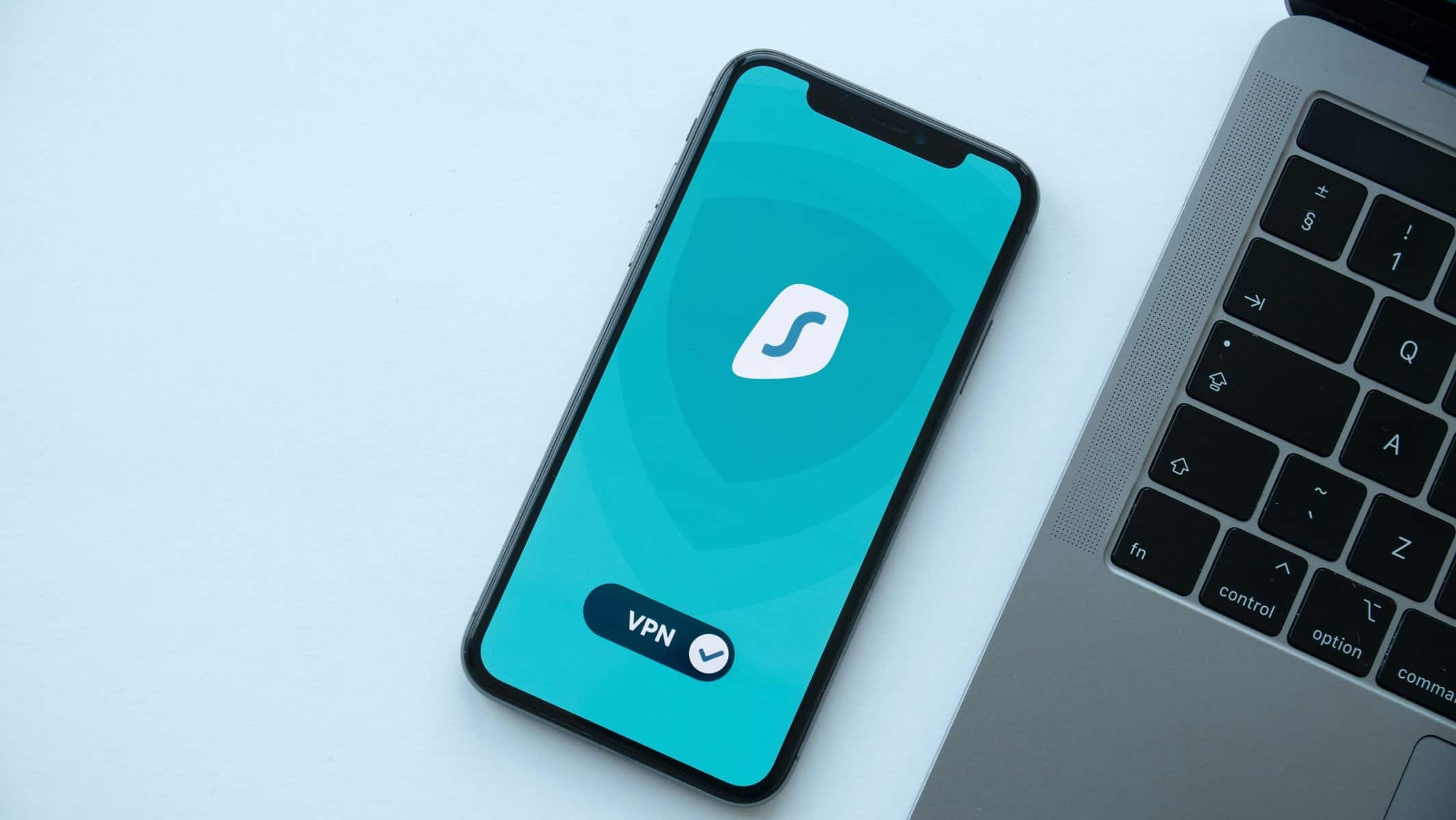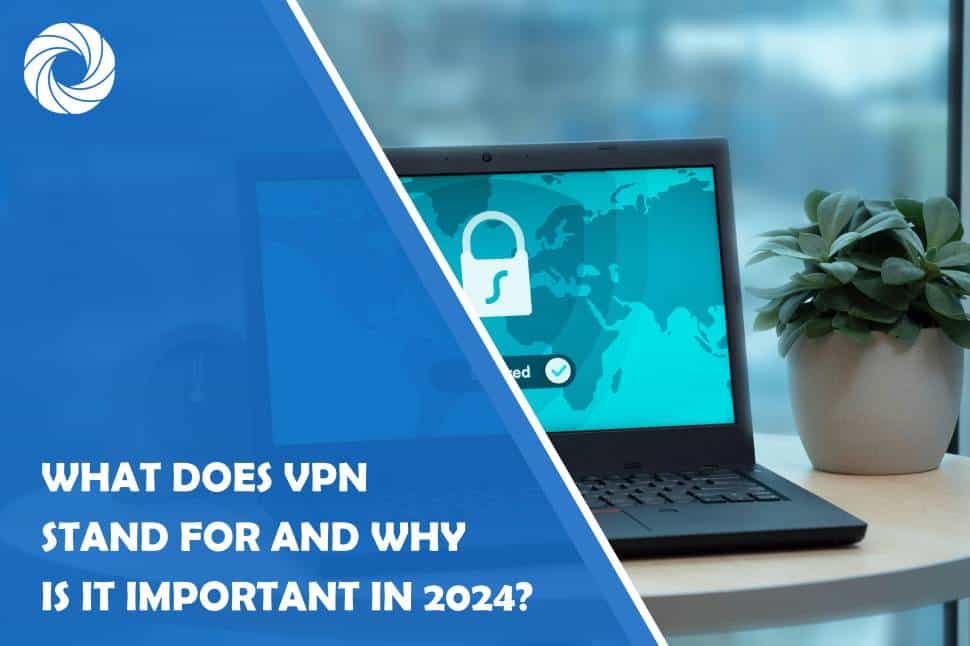Security and privacy are two pillars upon which the internet is built nowadays. You’re constantly being made aware of them even if you don’t want to, just remember all of the cookie acceptance prompts and/or GDPR (for the EU).
There are mandatory steps like these that must be enforced, however, there are also extra steps both the user and the site provider can take that ensure, at least, one extra layer of protection. One of these is a VPN which all of us have probably heard of, but how many of us really know what it stands for and how it works? Let’s find out…
What is a VPN
The shortcut VPN stands for Virtual Private Network. It’s software that encrypts the connection between your device and the ISP you’re connecting to. The way it does this is by adding a “virtual middleman” to your connection process. Without a VPN, your device is directly connecting to an ISP which is usually a private or public Wi-Fi. Your IP is therefore visible, which means your traffic can be tracked and you could be open to attack, especially if you’re using a public Wi-Fi connection.
Now when you use a VPN you’re connecting to a private server provided by the VPN – this is the “middleman” part. After your connection is run through the VPN, it regularly connects to the ISP. However, your IP address is masked, instead showing the IP address of the server you’re connected to.
This simple action prevents direct attacks towards you by redirecting them to the private server which will then deal with the threats much more easily than you would. Hiding your IP address also means that your traffic is hidden as well, just be sure to check that your VPN provider doesn’t keep any logs either, if that’s something important to you.


Since we now know what a VPN is, it’s worth digging into how it will benefit your browsing experience. As you’ll see, there’s an overarching theme that heavily features privacy and security.
Online anonymity
By surfing the web, without even knowing it, you’re leaving a lot of personal data out there. Information such as the device you’re using, your geolocation, browsing history, and (most importantly) your IP address can be obtained without much effort by those with the needed knowledge.
Because a VPN masks your IP address and instead shows the IP address of the connected server everything you do while browsing becomes virtually untraceable, coupled with your browsing history not being recorded, minimizes your online fingerprint making you more or less anonymous.
Data Encryption
The connection made between your device and the VPN server is better encrypted than anything you can do on your end when directly connecting to your ISP. The entire connection process (both to and from the private server) is encrypted ensuring no one will be able to access your files, including even your ISP.
There are various encryption protocols that VPNs use nowadays and while the underlying mechanics and purpose are the same, there are small differences. Keep in mind, however, that tighter encryption means more resources, which in turn means potentially slower speeds. Be sure to check what type of encryption your potential VPN provider uses before signing up.
Public Wi-Fi protection
There really isn’t an establishment where you can walk into today, that doesn’t provide free Wi-Fi. From bars, coffee shops, hotels, or restaurants, Wi-Fi is something that’s expected, and it’s a much bigger surprise if it’s not available. Because this practice removes the need to dip into your data plan, everyone is always looking to connect to as many of these hotspots as possible.
Unfortunately, these are the connections that are most at risk. Because it’s free and open to everybody (even if it does require a password to connect), every time you connect to a public network you’re putting your data at risk. Public networks are the ones most targeted by hackers precisely because of the lack of protection.
It’s imperative to use a VPN any time you’re connecting to a public network if you’re looking for any semblance of security, especially if you’ll be using the network to input sensitive data (for example when shopping online). Your IP will be hidden and your data will be encrypted.
Protection from malicious attacks
VPNs can be used to protect for malicious attacks that use IP addresses as a means to direct the attack. The most well-known type of these attacks is the DDoS attack, short for Distributed Denial of Service. Because your IP address is masked the attack simply can’t reach you.
It is important to note, however, that a VPN isn’t an antivirus, or antimalware program. If your device gets infected in some way, a VPN won’t help much.
In recent years we’ve seen many VPN services incorporate antivirus protection as a package deal with the VPN, but those usually come in higher paying tiers, and as such, probably won’t be available to everybody.
Avoid geolocation restrictions
Geolocation restrictions are most commonly seen through the prism of streaming services where the same service could have different shows or movies restricted to certain countries. However, restrictions based on the country you’re connecting from can be found everywhere.
Specific articles, videos, or even entire sites can potentially be blocked, either by the government or by the provider. By connecting to a VPN you can easily change your virtual location and be granted access to the previously locked-off content.
Just like with any other product or service you might be looking for, there are good and bad solutions. The same goes for a VPN provider. Up until now, we’ve sprinkled a little bit of info about the issue here and there, but to make it easier for everybody, here’s a shortlist of the key features we advise you to focus your attention on when making your choice.
- Security – try to find a service that bundles up antivirus protection with the base VPN service for added value.
- Privacy – every VPN shields you from prying eyes on the web, but look for one that doesn’t make internal logs of your activities, ensuring total anonymity.
- Servers – having servers in locations worldwide, and enabling you to switch between them, makes it easy to bypass any geolocation restrictions.
- Speed – a VPN will slow down your connection somewhat, but some providers keep it vague when it comes to numbers, find a provider that shows the exact numbers (and look for low figures).
Using a VPN in 2024. is just as important as it was in prior years, if not even more important. Threats that can be found online and those that can find you are virtually everywhere. While a VPN doesn’t offer foolproof protection across the board, the IP address protection it focuses on can do wonders to make your browsing experience safe. We’ve covered how a VPN ensures protection and what to look for in a good VPN. By following these guidelines you’re certain to find an optimal solution in no time.
